HRW demands release of 30 Rohingyas held in Myanmar
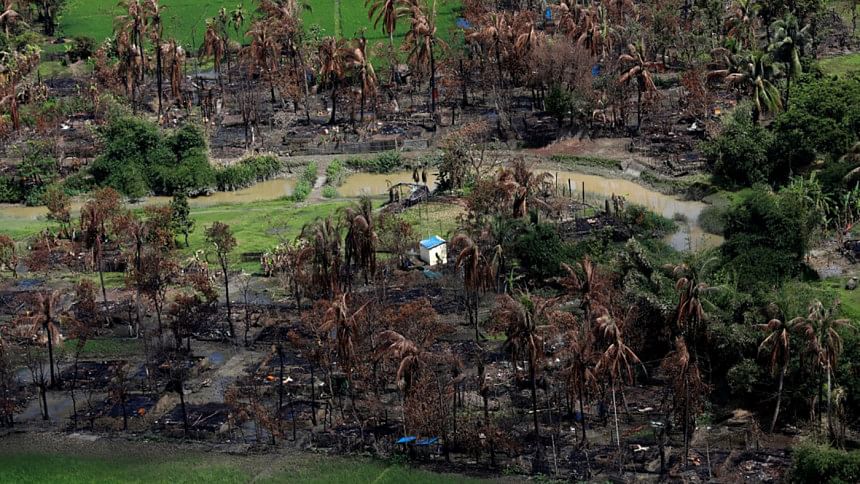
Human Rights Watch has demanded that Myanmar authorities should immediately release 30 Rohingya Muslims detained for attempting to travel from Rakhine State to the city of Yangon.
"The government should lift all travel restrictions on ethnic Rohingya and repeal discriminatory regulations that limit their right to freedom of movement," the HRW said in a news report published yesterday.
The country's police arrested the group of Rohingya on September 26, 2019. A week later, a court sentenced 21 of them to two years in prison, and sent eight children to a child detention center. The youngest, a 5-year-old, is being held at Pathein prison with his mother.
"Myanmar authorities seem intent on persecuting Rohingya whether they stay at home or try to travel freely in the country," said Brad Adams, Asia director. "These 30 men, women, and children are being punished for simply seeking an escape from the daily brutality they've been subjected to for years."
The authorities apprehended the group for traveling without official permits and documentation after they arrived in Ayeyarwady Region via boat from Sittwe township in central Rakhine State. The group was en route to Yangon, where they planned to seek work or attempt to continue onward to Malaysia, according to media reports.
On October 4, the Ngapudaw Township Court sentenced 21 of the Rohingya to two years in Pathein prison following a one-day hearing during which they were reportedly denied access to legal representation. They were convicted under section 6(3) of the 1949 Residents of Burma Registration Act, which carries a maximum two-year sentence. Rohingya frequently face arrest and prosecution for attempting to travel between townships or outside of Rakhine State, the HRW report said.
The eight children were sent to a "training school" in Kawhmu township, Yangon Region, where their families will not be able to visit them. Radio Free Asia reported that "a decision has yet to be made" about the 5-year-old.
An estimated 600,000 Rohingya remain in Rakhine State subject to ongoing government persecution and violence, two years after a military campaign of ethnic cleansing forced more than 740,000 to flee across the border to Bangladesh. Those who remain in Myanmar are trapped in appalling conditions, confined to camps and villages without freedom of movement, and cut off from access to adequate food, medical care, education, and livelihoods.
Rohingya in Myanmar are denied freedom of movement through arbitrary and discriminatory restrictions, including formal laws and policies, local orders and regulations, ad hoc practices such as extortion, and a broad culture of threats and violence. They are effectively denied citizenship under the 1982 Citizenship Law, which has been the basis for refusing them legal documentation that would allow them to travel.
The government's restrictions on Rohingya violate international human rights law, which guarantees the right to freedom of movement both within the country and to leave Myanmar. The right to freedom of movement does not depend on nationality, and statelessness cannot be invoked as a justification for the denial of free movement.
Myanmar authorities should lift all arbitrary restrictions on freedom of movement for Rohingya, repeal discriminatory regulations and local orders, and cease all official and unofficial practices that restrict their movement and livelihoods, such as arbitrary roadblocks and extortion systems. The government should amend the 1982 Citizenship Law in line with international standards.
"It's a cruel irony that these Rohingya will be trading what was effectively confinement to open air detention in Rakhine State for confinement in a state prison in Pathein," Adams said. "Their imprisonment stands as a clear marker to the United Nations and foreign governments encouraging the return of Rohingya refugees from Bangladesh that Myanmar has no interest in granting its Rohingya population fundamental freedoms."

 For all latest news, follow The Daily Star's Google News channel.
For all latest news, follow The Daily Star's Google News channel. 

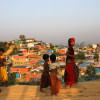
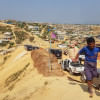
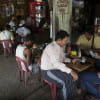
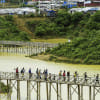
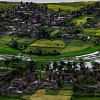


Comments